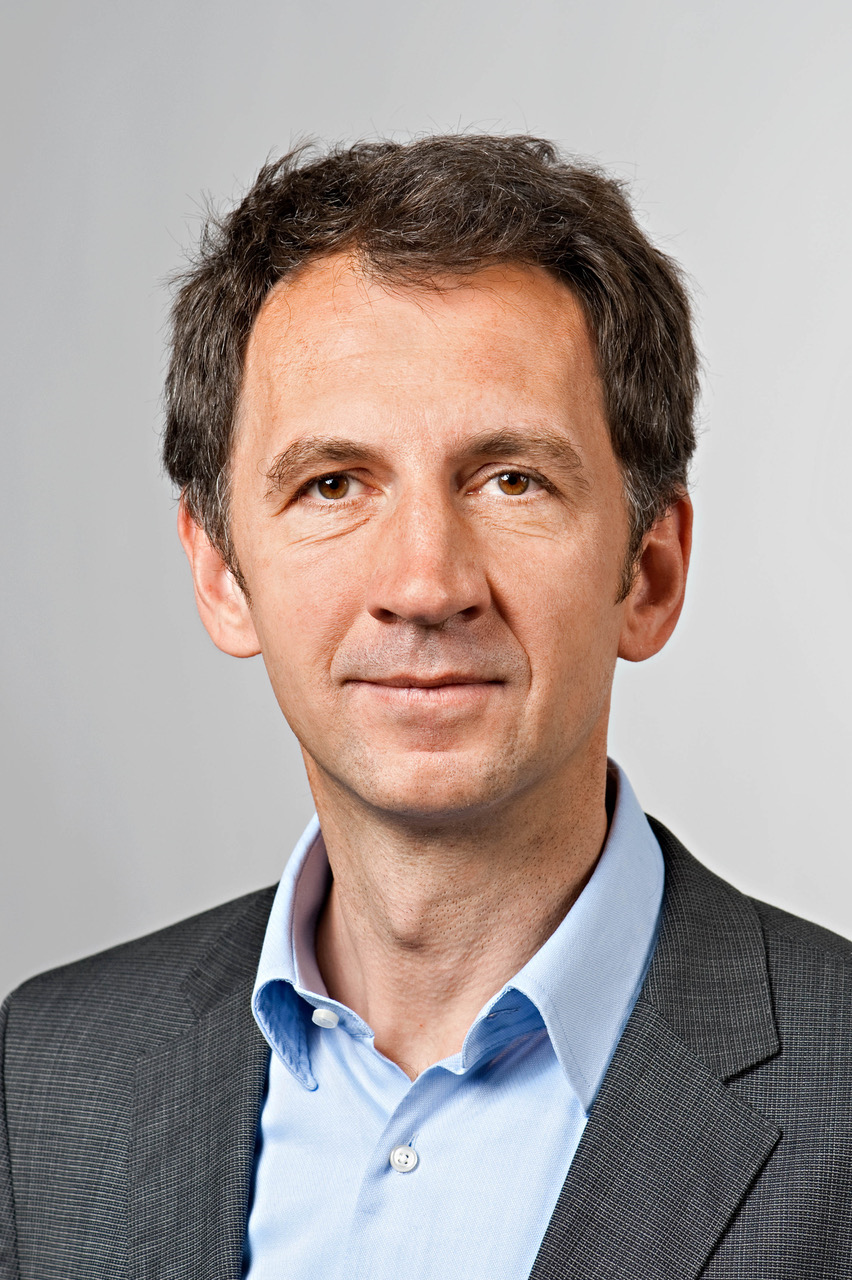Researcher Database

Prof. Dr. Jürgen Ruland
Ismaninger Str. 22
81675 München
Programs
Exploitation of Oncogenic Mechanisms (EOM)
Molecular Diagnostics, Early Detection, and Biomarker Development (MDEB)
Summary
The research within Jürgen Ruland’s laboratory concentrates on signaling processes in the immune system, both under normal conditions and when deregulated in disease particularly in cancer. By characterizing genetic alterations found in human lymphoma, he identified the molecular mechanisms by which antigen receptors activate the transcription factor NF-κB. This work explained how deregulation of these processes drives oncogenic growth. Within these pathways, the group further discovered that the enzymatic activity of a protein called Malt1 is critical for lymphoma cell survival, which initiated the pharmaceutical development of Malt1 inhibitors for lymphoma treatment. Recently, the laboratory has also identified the checkpoint molecule PD-1 as a key tumor suppressor in T cell lymphoma. Additionally, Ruland’s laboratory contributed key findings to our understanding of the innate immune system. The group was able to isolate several molecular switches, which integrate immune signals from pattern recognition receptors after microbial pathogen sensing. These findings let to fundamental insights into mammalian defense and to the discovery of human immune defects that cause high susceptibility to infection. The group continues to investigate the pathophysiology of immune signaling pathway in host protection, inflammation and cancer by engineering and analyzing relevant disease models to further contribute to strategies for immune manipulation and the establishment of new biomarkers.
Jürgen Ruland studied medicine in Giessen and Pittsburgh with a degree in pharmacology. After medical and research work at TUM, Freiburg University, the Ontario Cancer Institute and the AMGEN Research Institute at the University of Toronto, he became head of a junior research group of the German Cancer Aid at TUM in 2003. He completed his postdoctoral studies in medicine in 2005 and served as professor of molecular immunology at TUM from 2010 to 2012. In 2012, he was appointed professor of clinical chemistry at TUM. He is member of the National Academy of Sciences Leopoldina, the Bavarian Academy of Sciences and Humanities and the German Cancer Aid committee for promoting young medical professionals and scientists. He is the spokesperson for the SFB 1335 "Aberrant Immune Signals in Cancer" and successfully raised his second ERC Advanced Grant in 2019.